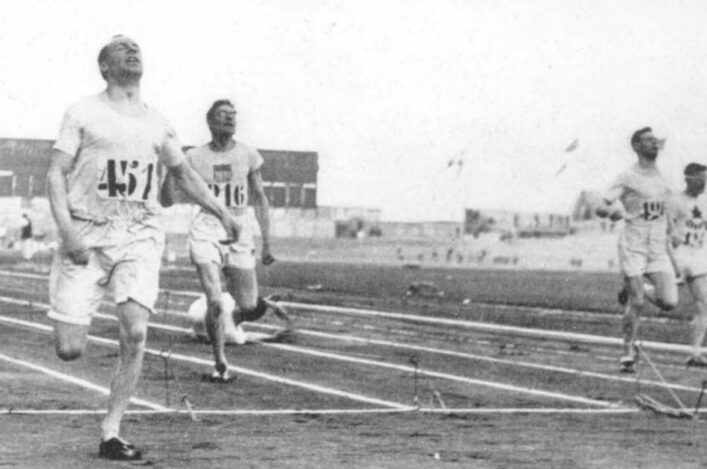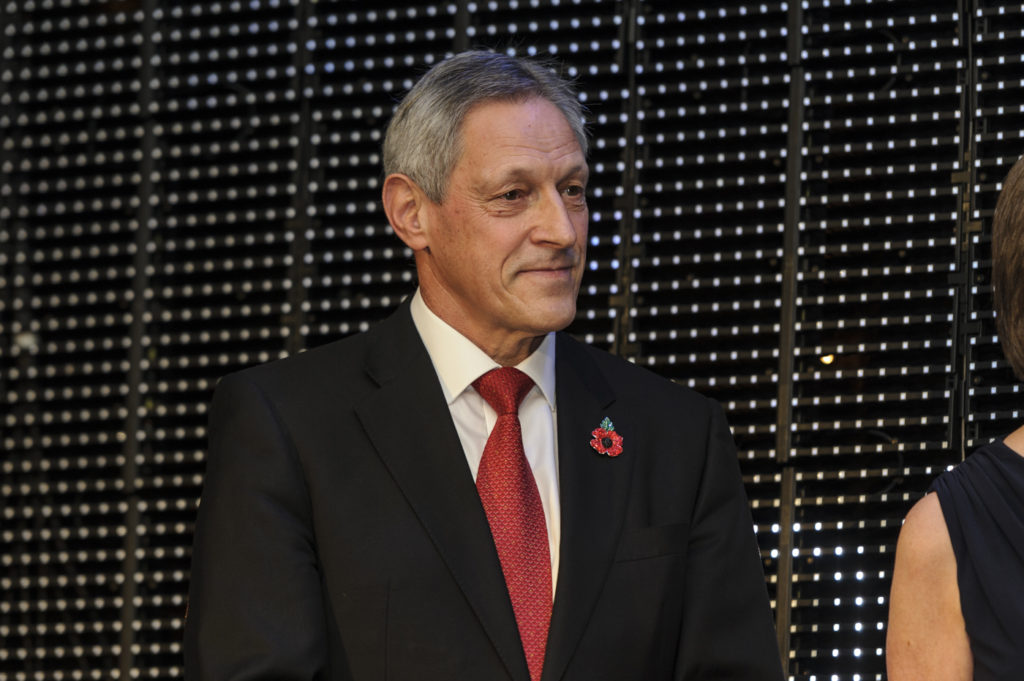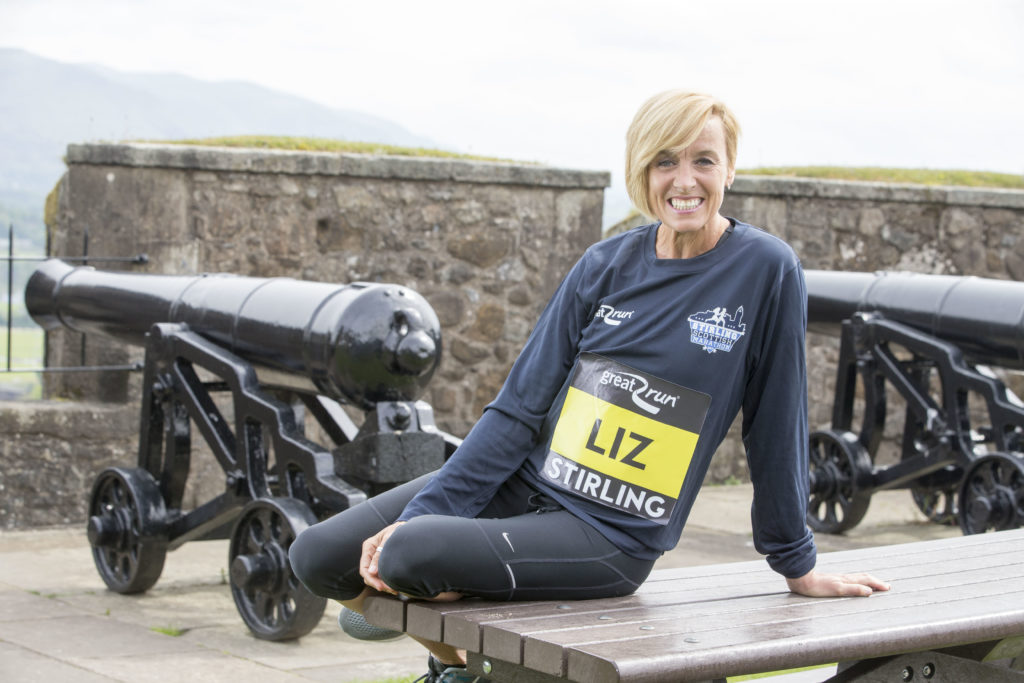OLYMPIC DREAMS (ON HOLD)
Article written in April 2020
Eric Liddell wins gold in the 400m in Paris in 1924 (photo via the Eric Liddell centre)
The Olympic Games has been put on hold.
It’s one more year until the dreams may be realised. One more year added to the time since Allan Wells became the last Scot to win an Olympic gold medal. 41 years. For the middle-aged and elderly among us, the only Scot we have witnessed live winning the ultimate athletics medal.
It was Moscow in 1980. The final, in front of a near-capacity crowd of 100,000 spectators inside the Lenin Stadium, was run in cool, slightly blustery, conditions. The Cuban sprinter Leonard, after a good start, was quickly into the lead and, at half distance, was moving away from his rivals. However, Wells, on the other side of the track, was making a big effort and closing the slight gap on the leader.
At the 95 metres mark, Leonard was still slightly ahead but the powerful Scot began his finishing dip for the tape and made up precious inches as they crashed over the finishing line, locked together. The confused, excited spectators were left arguing as to which of the two athletes had won the verdict. So close had the race been that, despite being so far apart on the track, they were both given 10.25 seconds.
Wells was the first Scot to win gold since 1924. Eric Liddell was only running the 400 metres because the 100 metres was being held on the Sunday. He was drawn in the sixth and outside of the string lined lanes. He would have the disadvantage of running blind, without the presence of any runners outside him to assist his pace judgement throughout the race. Whether inspired by the Bible or the pipe band music, Liddell ran like a man inspired.
Utilising all his sprinter’s speed, he covered the first 200 metres of the one bend race in the startling and unofficial time of 22.2. He was three metres clear of his nearest rival as they entered the finishing straight with the American Fitch, closing slightly. With 50 metres to go, Liddell summoned up all his strength and stamina and, with his head back, staring at the sky, knees pumping and arms flailing wildly, he actually added distance to his lead over the fading Fitch for a winning margin of 5 yards at the tape.
Liddell summed up his performance later, when asked how he achieved his amazing run, with an oft quoted and deprecating remark: “The secret of my success over 400 metres is that I run the first 200 metres as hard as I can. Then, for the second 200 metres, with God’s help I run harder.”
Allan Wells at Scottish Athletics' Annual Dinner in November 2018 (photo by Bobby Gavin)
The first modern Olympic Games were held in Athens in 1896. The claims to be the first Scot to compete in the Olympics athletics events fall to Launceston Elliot. Inducted to the Scottish Sport Hall of Fame as a wrestling gold medal winner at these Games, Elliot never lived in Scotland. He was born in India, into an aristocratic Scottish family. His great great uncle was the 1st Earl of Minto, while his father worked in the Indian Civil Service. He finished 4th in the 100 metres and as the 100m was the first event of the Games, this allowed the claim that Elliot was the first British competitor of the modern Olympics.
Eight years later, the first Scottish athlete to win an athletics medal at the Games was competing for the USA. Adam Gunn had been born in Golspie in 1872, emigrating to the USA in 1893. At the 1904 Games in St Louis, Gunn finished 2nd to Ireland’s Tom Kiely in the All-Around, the forerunner to the decathlon. The event included the 880 yards walk and 56lb weight which have since been replaced by the 400 metres and the javelin.
A further eight years went by before a Scot won a gold medal and in 1908, there were two of them. On 15 July, Arthur Robertson of Birchfield Harriers was part of the winning British team in the 3 miles team race. Robertson was second in a British 1-2-3. Robertson, the Sheffield-born son of a Glasgow doctor, went on to win silver in the 3200 metres steeplechase three days later.
Ten days after Robertson’s gold, Wyndham Halswelle became the second Scot to win an Olympic gold medal. Halswelle had won silver in the 400 and bronze in the 800 at the 1906 Games. In 1908, he lined up alongside three Americans for the 400m final.
There were no lanes in those days and there was a suspicion that the Americans would work together against the Scot, so officials were placed at regular spots around the track. Off the final bend, the Scot made his move on the outside but was forced wide by Carpenter – officials called “foul” and the tape was broken by officials before Carpenter crossed it. The race was called void, Carpenter disqualified from the re-run.
Only Halswelle turned up for the re-run, the other Americans refusing. Halswelle was left to complete the 400 metres on his own, which he did in 50.0 seconds, to claim the gold medal.
In between Halswelle’s and Liddell’s gold medals, there were two Olympic Games held – the 1912 Games at Stockholm and the 1920 Games at Antwerp. At each of these Games, a Scot won gold in the relays. In 1912, the 4 x 100 metres relay was run for the first time at the Olympics. Three teams were in the final and Great Britain won by one-tenth of a second from Sweden.
Running the second leg was a 20-year-old Scottish Cambridge University student, Henry Macintosh who had been born in Kelso and educated at Glenalmond. The following year, Macintosh equalled the British 100 yards record of 9.8 seconds.
By the time Robert Lindsay won gold in Antwerp in 1920, two of the three Scottish medallists had passed, neither Halswelle nor Macintosh surviving the First World War. Lindsay, of Blackheath Harriers, was 30 years old, his career having been interrupted by the war. He ran the second leg in 50.6 seconds as Britain won gold in 3:22.2.
Robertson, Halswelle, Macintosh, Lindsay, Liddell and Wells – the six Scottish athletes to win gold.
Liz McColgan in Stirling back in 2017
But what of the women? Women took part for the first time in track and field at Amsterdam in 1928, but it was a further 20 years before the first Scotswoman appeared at the Games.
The London Games of 1948 saw a former Elgin Academy pupil, Margaret Erskine, achieve that distinction when she was selected for the long jump. She did not manage to qualify for the final but would go on to be WAAA champion in the next two years.
The 16-year-old Linsey Macdonald captured hearts when she competed in the Moscow Olympic Games. She became the youngest athlete to contest a 400 metres individual final and the youngest 4x400m medallist when she led off the British team to the bronze medal, the first Scotswoman to win an Olympic medal.
In 1988, Yvonne Murray won bronze in Seoul in the 3000 metres to become the first female medallist in an individual event and 5 days later, Liz McColgan led the 10000 metres with just over half a lap to go, having seen off the challenge of the German Ullrich, Russian’s Zhupiyova and the injured Kristiansen, until another Russian Olga Bondarenko overhauled Liz with a final 200 metres in 31.2 seconds to win by 20 metres.
We move onwards to the first ‘uneven’ Olympic Games in 2021.
Will we add to the six gold medals? It’s a huge ask – but dreams are dreams.
 SATS Scottish Athletics Track Statisticians
SATS Scottish Athletics Track Statisticians



